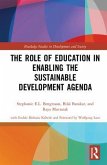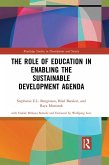
eBook, ePUB
5. März 2018
Taylor & Francis eBooks
eBook, PDF
5. März 2018
Taylor & Francis eBooks
Ähnliche Artikel
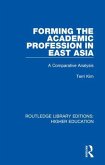
Gebundenes Buch
A Comparative Analysis
22. Oktober 2018
Taylor & Francis
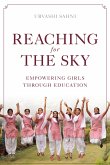
Gebundenes Buch
Empowering Girls Through Education
12. September 2017
Rowman & Littlefield Publishers

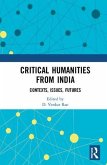
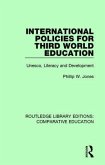
Gebundenes Buch
Unesco, Literacy and Development
2. Mai 2018
Taylor & Francis Ltd (Sales)
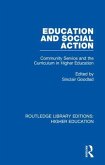
Gebundenes Buch
Community Service and the Curriculum in Higher Education
22. Oktober 2018
Taylor & Francis
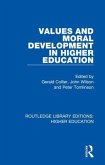
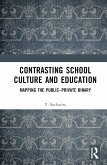
Gebundenes Buch
Mapping the Public-Private Binary
31. Mai 2023
Routledge India
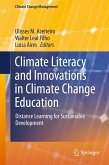
Gebundenes Buch
Distance Learning for Sustainable Development
1st ed. 2018
22. Januar 2018
Springer / Springer International Publishing / Springer, Berlin
978-3-319-70198-1
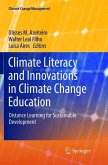
Broschiertes Buch
Distance Learning for Sustainable Development
Softcover reprint of the original 1st ed. 2018
4. Juni 2019
Springer / Springer International Publishing / Springer, Berlin
978-3-319-88902-3
Ähnlichkeitssuche: Fact®Finder von OMIKRON

